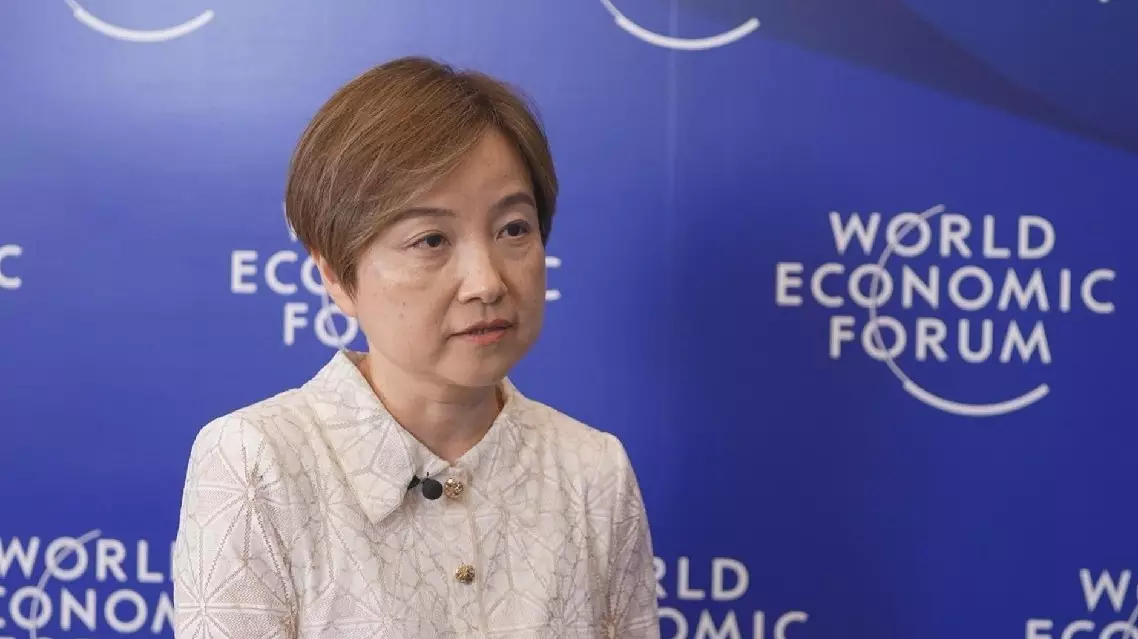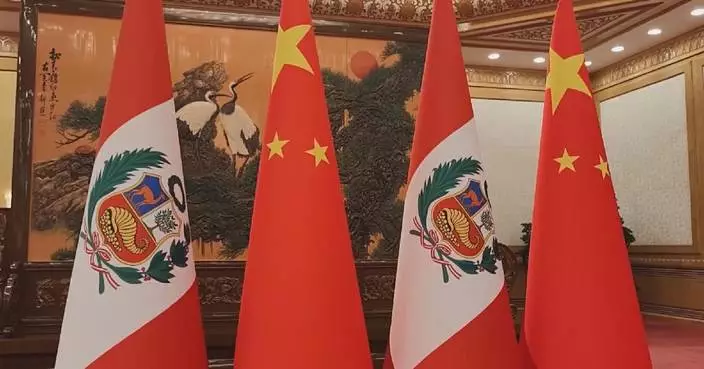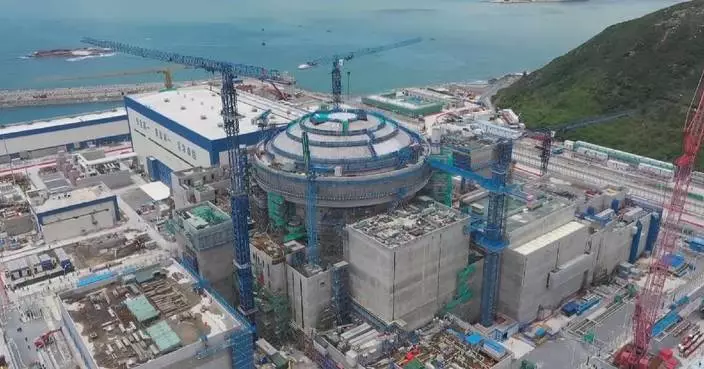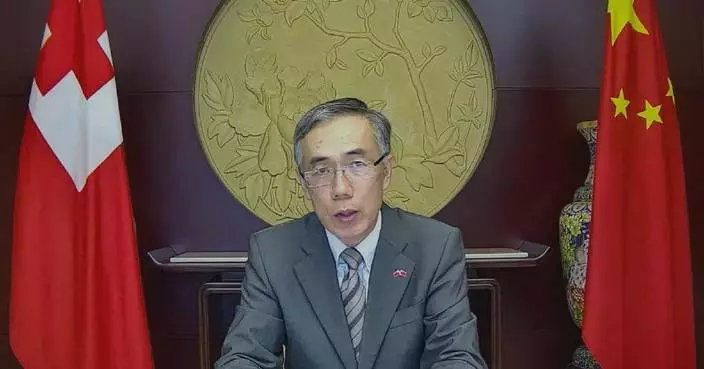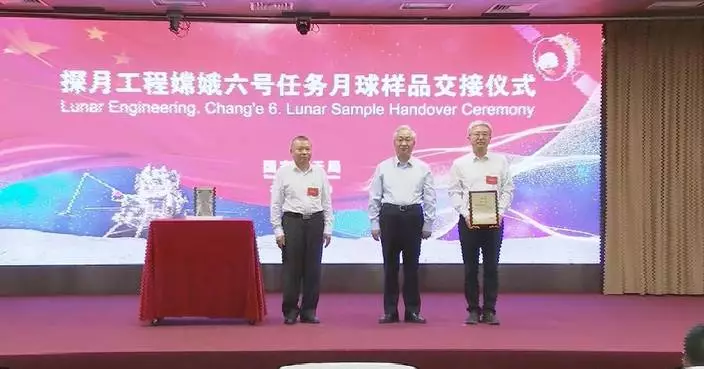Involving other powers from outside the region will only worsen the situation in the South China Sea, a Philippine scholar said on Tuesday on the sidelines of the 2nd China-ASEAN Defense Think Tank Exchanges in south China's coastal city of Guangzhou.
The 2nd China-ASEAN Defense Think Tank Exchanges, which opened earlier on Tuesday, brought together more than 70 defense policy officers and defense think tank scholars from China, the 10 ASEAN countries, and Timor-Leste.
In an interview with China Global Television Network on the sidelines of the event, Rommel C. Banlaoi, director of the Center for Intelligence and National Security Studies of the Philippine Institute for Peace, Violence and Terrorism Research, shared his opinion on the ever increasing military presence of the United States in the South China Sea and its impact on the China-Philippines relations and also on the entire region.
"I think our government under the leadership of President Bongbong Marcos Jr. is under pressure by the United States to do that. Militarization of the Philippines under the American umbrella is not good for the Filipino nation. And not only for the Filipino nation is not good for the region because it's militarizing the whole situation. And our decision to host American missiles in Philippine territory, I think, is countering the Southeast Asian principle (Treaty) of Amity and Cooperation in Southeast Asia (TAC), and also the principle of peace, friendship and neutrality. Right now the Philippines is no longer neutral. The Philippines is siding heavily with the United States," said Banlaoi.
Banlaoi warned that the Philippines and the United States are playing a dangerous game in the South China Sea.
"I think it's very dangerous being done by the current government in the Philippines to really allow the United States to do these things. It's making the Philippines a dangerous pawn in the ongoing geopolitical rivalries in the region involving the United States. That is why I'm very glad to hear other participants in this exchange that many fellow members of ASEAN are opposed to the militarization of the region. Involvement of the United States will only worsen the situation. Involvement of other regional powers like Japan and Australia will only worsen the situation," he said.
Under the current situation, it is essential for China and the Philippines to work together to ease the tension to avoid fallouts on a larger scale, said Banlaoi.
"Well, we have to take the first step in a thousand-mile journey. And the first step is to rebuild confidence first between the Philippines and China. Because the rebuilding of confidence will lead to the building of mutual trust. And if there is a mutual trust between the two countries then they will start talking about how to proceed to cooperate. And there are many ways to cooperate," he said.
"China has been a friend of the Philippines for a long, long time. They are permanent neighbors. They shared the past with mutual prosperity, and they can also share the future. And during the past, the South China Sea was not the sea that divided the Filipinos and the Chinese. It was the sea that deeply connected between the two peoples. It's a source of our connection," said Banlaoi.
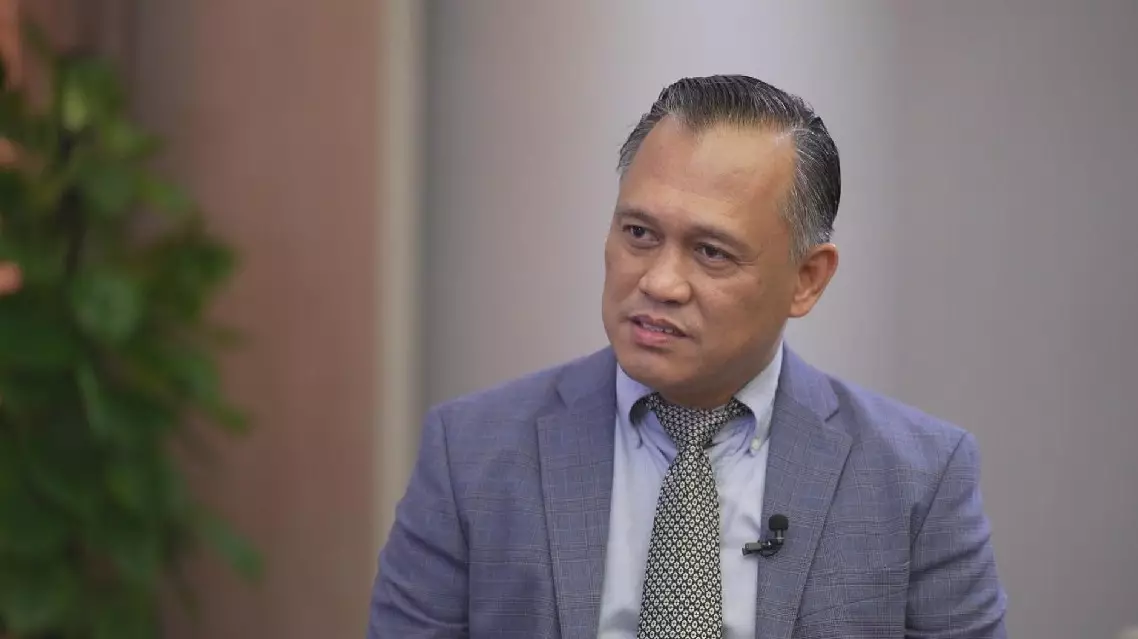
Involving powers from outside region will only worsen situation in South China Sea: Philippine scholar


